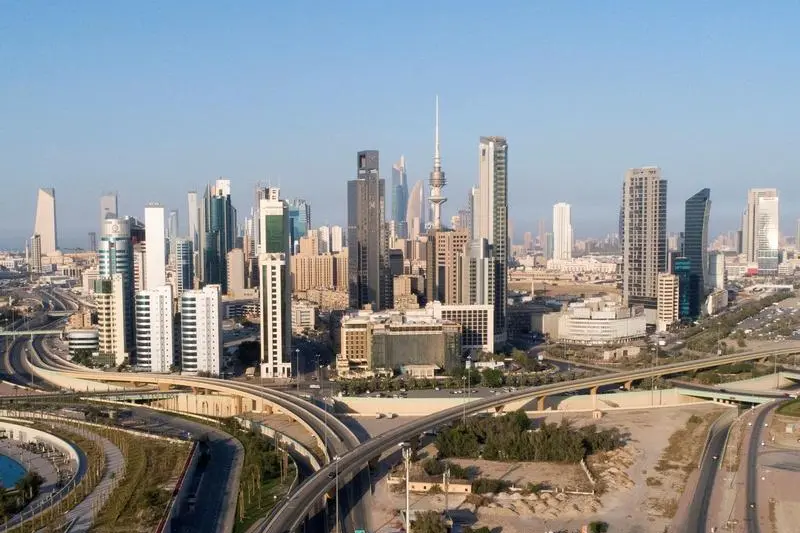PHOTO
KUWAIT CITY: The discussion around major infrastructure projects in Kuwait has resurfaced, echoing plans and ambitions from the early 2000s, especially after the fall of Saddam Hussein’s regime in Iraq.
Recent weeks have seen increased activity from various government bodies focused on advancing several significant projects, including the Mubarak Al-Kabeer Port, the Kuwaiti Islands projects, and the northern region revitalization. Moreover, there are renewed efforts to develop free economic zones, railways, and metro systems.
However, there has been little attention to addressing the core issues that led to previous project failures. Over the past 21 years, Kuwait has embarked on several strategic plans aiming to transform the nation into a global commercial and financial hub. These include the first through third development plans, the financial and economic reform document, the sustainability document, and the Kuwait Vision 2035. Despite these ambitious plans, many major projects, such as Mubarak Port and the northern region initiatives have faced significant setbacks. According to ministers overseeing these plans, the implementation has been notably below expectations. Kuwait’s global competitiveness has declined, which contrasts sharply with the increasing financial outlays. In the Global Competitiveness Report by the International Institute for Management Development (IMD), Kuwait ranks 37th globally out of 67 countries.
The country struggles with several sub-indicators, including local economic quality, global trade, investment, and business legislation. These rankings highlight the challenges Kuwait faces in improving its investment environment and project execution. One of the critical issues is the flawed measurement of project success. In Kuwait, the completion rate is often gauged solely by financial expenditure rather than the actual progress in creating a supportive business environment, forging partnerships, or enhancing service quality. This narrow focus on financial metrics without considering qualitative aspects has led to inefficiencies and project failures.
For infrastructure projects to succeed, they must address fundamental economic imbalances. This includes generating job opportunities for Kuwaiti youth, fostering small and medium-sized enterprises, providing non-oil revenue sources, and improving the demographic structure. The success of projects like Mubarak Port should be evaluated based on their impact on these areas rather than just their contractual and construction aspects.
The Mubarak Port project, among others, faces new challenges with Iraq’s recent launch of the “Development Road” project, which aims to connect Asian markets with European markets via the Faw Port. This development necessitates a reevaluation of Mubarak Port’s commercial and financial feasibility, considering regional competition and changes since the project’s inception. While there is consensus on the need for major infrastructure projects to diversify Kuwait’s income sources, create job opportunities, and attract foreign investments, the current administration’s track record raises concerns. Persistent issues with small-scale projects and contract management suggest that achieving significant success with larger infrastructure projects will require addressing these systemic challenges comprehensively.
Arab Times | © Copyright 2024, All Rights Reserved Provided by SyndiGate Media Inc. (Syndigate.info).




















